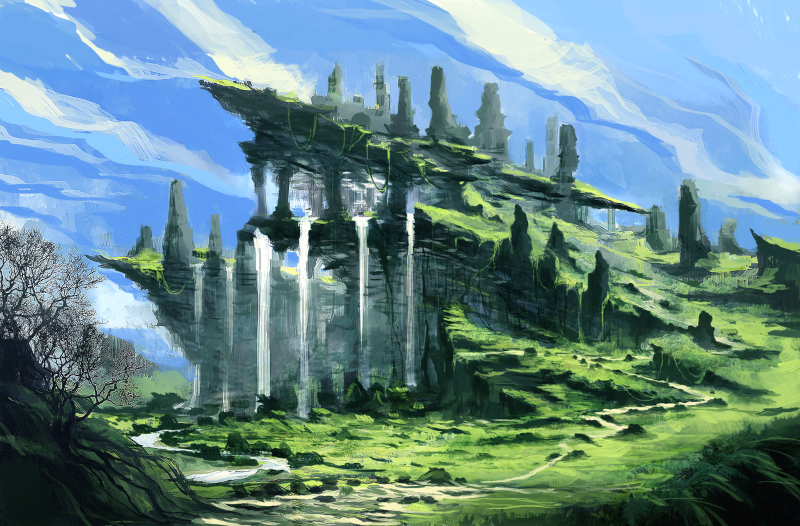Wanderhome, and Apocalyptic Hope

I wanted to end this project with a discussion of this game, because for all the myriad of games I have mentioned in this journey of ours, Wanderhome differs in perhaps some of the most significant and profound ways from all the others.
Based on the Belonging Outside Belonging system (also called “No dice, no masters”) from the Dream Askew and Dream Apart games, Wanderhome is, quote: “a pastoral fantasy role-playing game about traveling animal-folk, the world they inhabit, and the way the seasons change. It is a game filled with grassy fields, mossy shrines, herds of chubby bumblebees, opossums in sundresses, salamanders with suspenders, starry night skies, and the most beautiful sunsets you can imagine.”